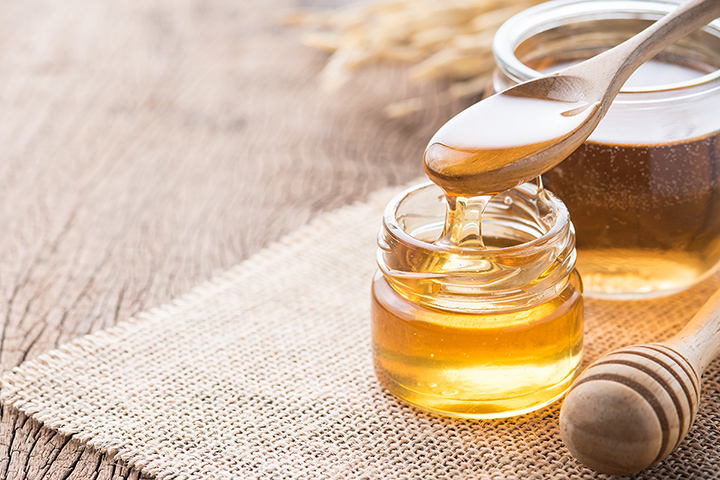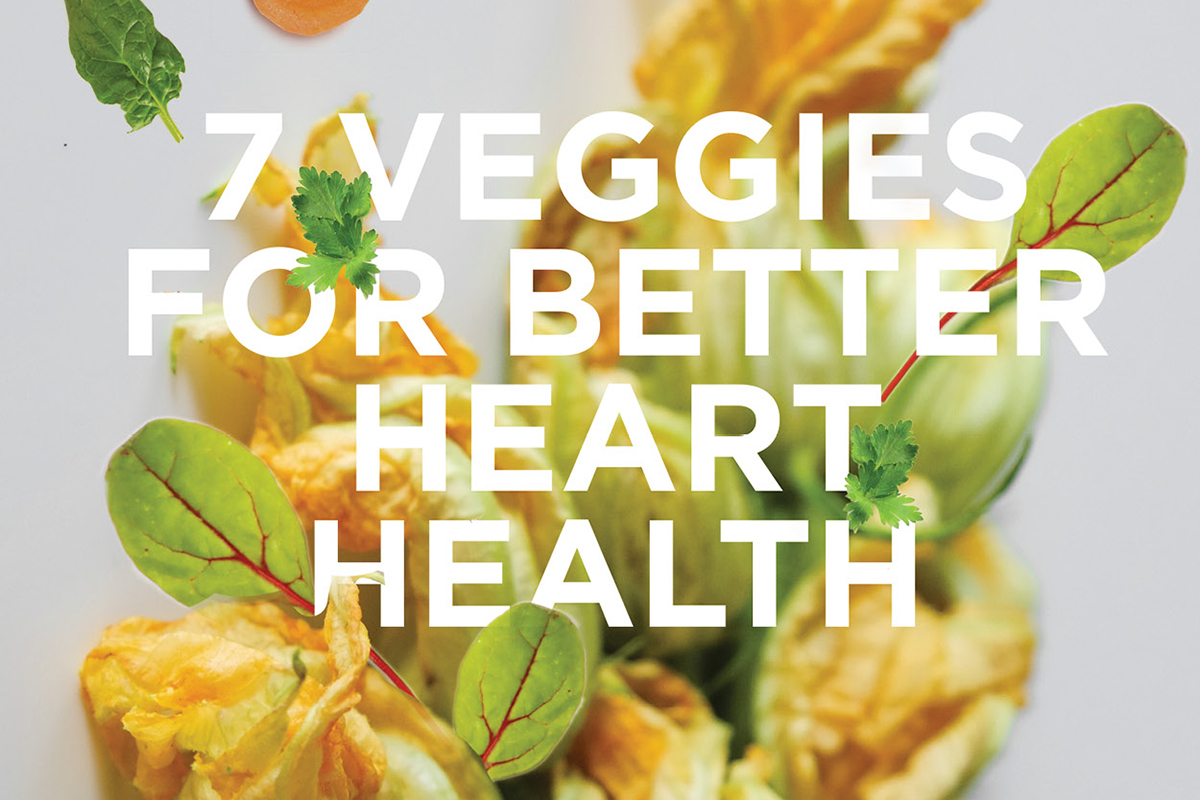Knowing When to Break Up with Alcohol
Calling it quits with your alcohol dependency may be the best reward for long-term health.

Imagine reading a captivating book, socializing with friends, watching your favorite show, or sneaking a few treats from the cupboard. We could spend the rest of our lives doing things that bring us joy and relief from daily pressures.
But when does indulging in your favorite things become too much? You might think, “that depends on what we’re talking about.” In that case, let’s talk about alcohol.
Drinking may be a casual habit for you—something you only enjoy on the weekends or after a long day at work. But would you be able to recognize if your relationship with alcohol was threatening your job, your health, or your loved ones?
Research shows that 14.4 million Americans ages 18 and older, and more than 400,000 Americans ages 12 through 17, have an alcohol use disorder.
Consider these five ways a toxic relationship with alcohol impacts long-term health and ways you can break up with alcohol:
Damaging your body
Those who develop unhealthy relationships with alcohol are more likely to:
• experience a stroke
• develop multiple types cancers
• have high blood pressure
• have reproductive problems
Solution: Care for your body by fostering a healthier and disciplined relationship with alcohol—even when it’s hard.
Related: Parents Talk to Your College Kids about Drinking
Altering your mind
Overconsuming alcohol during your life results in significant memory loss, decreased attention span, and reduced gray and white matter in the brain.
Solution: Instead of ordering your favorite wine while celebrating, opt for a sparkling water.
Choosing alcohol over your paycheck
Are you often sleeping through your weekday alarms because of hangovers? Having a beer after work may temporarily dull stressors and anxiety. But if your habit of drinking after clocking out becomes uncontrollable, it could cost you your job.
Solution: Limit how much you drink after work and find healthier ways to reduce stress, like exercising, journaling, or taking a warm bath.
Bonding with alcohol
You may find your relationships suffer as you rely more upon alcohol consumption rather than connecting with your friends and family. Drinking problems damage relationships by contributing to financial stress, creating a lack of communication, and increasing the chances of aggressive behavior or domestic violence.
Solution: Communicate daily with loved ones and practice being vulnerable about your feelings rather than suppressing them with frequent drinking.
Related: What’s My Impossible? Being Vulnerable
Setting an example
Your decision to drink may seem to only impact yourself, but those around you—especially children—could follow your footsteps toward their own unhealthy drinking habits.Solution: Consider how your history of excessive drinking will impact your children when they become old enough to drink, and drink responsibly to set a positive example for them to follow.
Regardless of how alcohol makes you feel in the moment, the long-term effects of boundless drinking are not worth the temporary buzz. If you’re ready to split up with alcohol and you’re willing to make changes, there are many professional resources waiting to help regain control from alcohol dependency.
Consider joining a local support group or calling the Substance Abuse and Mental Health Services Administration’s helpline at (800) 662-4357.
Select Health may link to other websites for your convenience. Select Health does not expressly or implicitly recommend or endorse the views, opinions, specific services, or products referenced at other websites linked to the Select Health site, unless explicitly stated.







